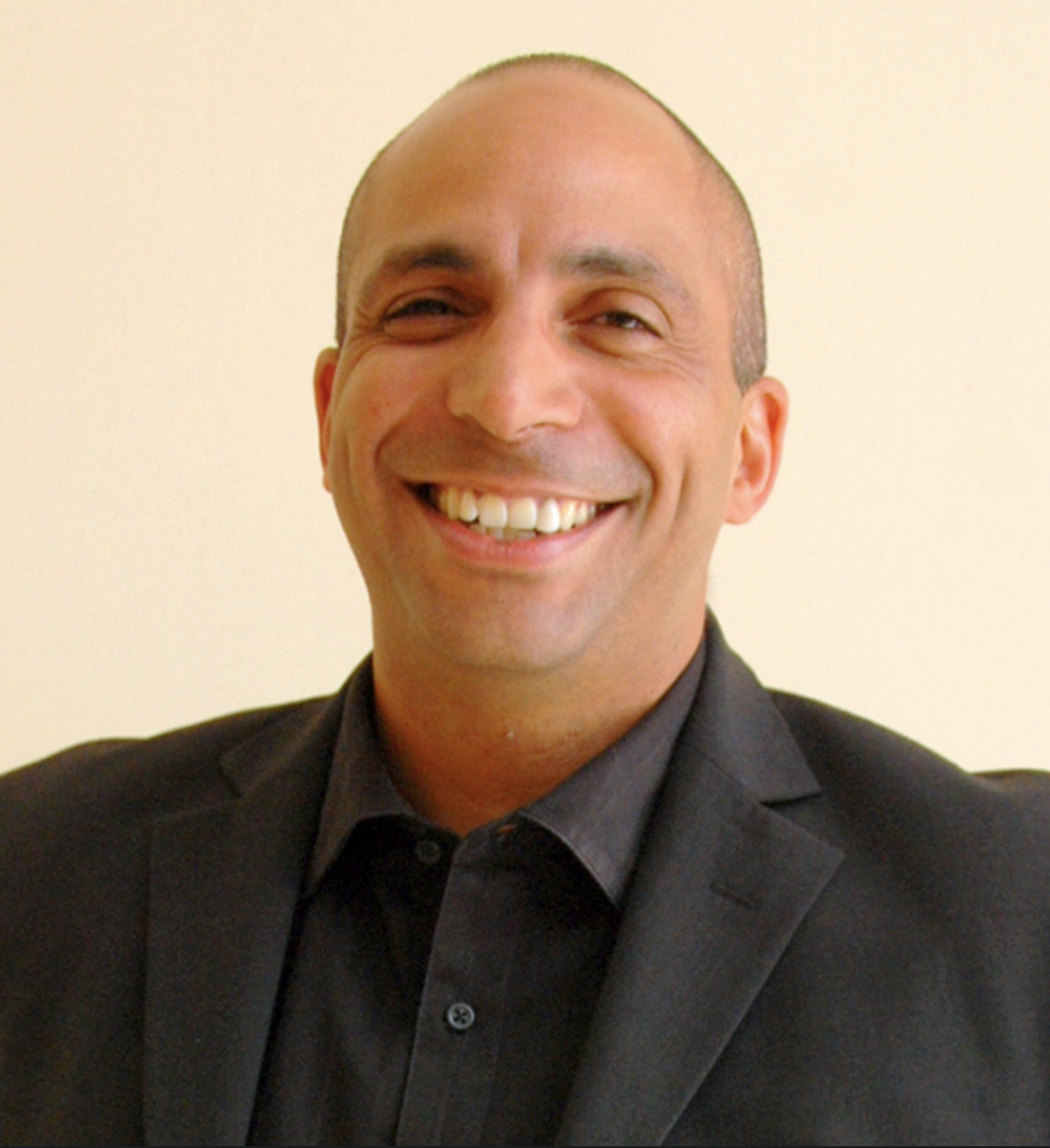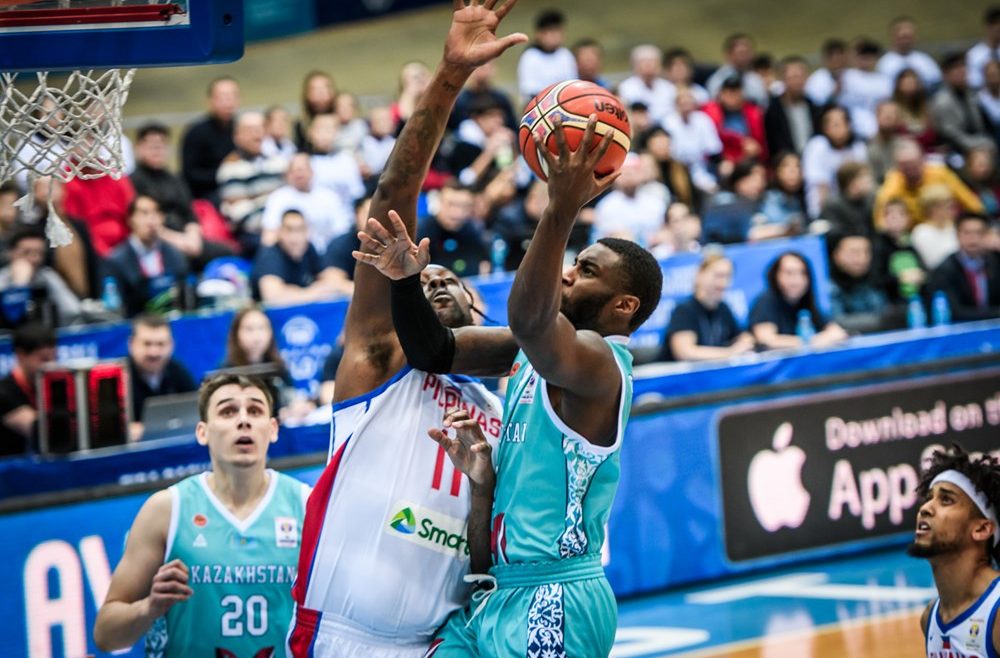James White has more than 25 years of experience in the sport’s industry and is currently working as the Head of Sales at FIBA in the APAC region. World Football Summit is not only an event that seeks to gather the most important decision makers of the industry, but also to invite important executives from other sports and build bridges that will make the sport’s business thrive.
Hi James, can you tell us a little bit about your background and how did you end up working with FIBA?
I’ve been involved in sport’s marketing since 1994. My first football involvement was in 1994 with the Indonesian league. I’ve been working with football leagues, clubs and national teams in Asia and Europe ever since. In 2011 I was among the first people to engage European clubs and national teams to create local and regional Asian deals, which increased revenue and exposure in the international markets. Many of those clubs have opened offices in Asia ever since.
I am currently with FIBA Marketing seeking partners across the Asian region. But I have worked with many sports in Asia since 1994.

James White
With such a big baggage of experience, in your opinion, what’s the current situation of the Asian sports market? There are many indicators showing us that it is a great continent to invest and that the interest, not only in football, but also in basketball is growing faster than we could ever predict.
I think that the world sees the strength of the Asian market in terms of sponsorship and investment potential. The economy is going well here so there’s money for sports.
Sports marketing, in general, from content to fan loyalty, ticketing and even sponsorship is at an all time high. Digitisation allows rights holders to know their fans better and deliver diverse offerings, which translates in high engagement levels and revenue as well as better sponsorship prospects.
In my case, FIBA is seeing its most successful days commercially. Times are great for the sports marketing industry here in Asia and the future looks bright as well.
Football clubs and federations are doing all they can to reach the Asian market and engage the fans. Offices are being opened, sponsorships are being negotiated as we speak, etc. How is basketball compared to football penetrating the market?
Football has a higher global participation. It’s by far the biggest sport in the world; basketball is number two, but there’s quite a big difference between number one and number two in terms of following, viewership and participation. We have to choose which markets we engage for our marketing push. We’re happy to have a good position in China, which is becoming the world’s biggest market from a sports revenue perspective. The future looks good as we have our FIBA Basketball World Cup there this year. Having top players from around the world competing here in Asia will help us for years to come in both China and the greater Asian region.
Finally, we work closely with the NBA who has been successfully developing Asia for many years. Football has a very big head start and is the biggest outdoor sport, we are the biggest indoor sport so we certainty hope that people can play football on a sunny day and come inside and play basketball on a rainy day!
Continuing with the parallelism. What would you say that football could learn from basketball and vice versa? NBA is certainly competing with the Premier League and LaLiga in terms of viewership and it’s plain to see that both sports are doing many things right. But, what could they do to improve?
Basketball has learned from football. In our latest world cup qualification process we modelled it after FIFA’s by introducing home and away qualifiers for the first time across 80 markets. That increased our penetration and fan base dramatically since we suddenly had 80 markets watching their national team vs other international teams at home. These games took place simultaneously over an 18-month period.
Also similar to FIFA and other successful global sports federations, we want to give our member associations the opportunity to generate revenue and to play in front of their home fan-base. That sort of activity will increase our footprint all over the world all at once. By seeing what is successful in other sports, we are now reaping the benefits and witnessing huge growth across many markets.
On the other hand, I think that basketball is the only sport that enjoys a strong lifestyle element around it. It’s not just about the sport; it’s fashion, it’s hip-hop music. I think that basketball reaches a group of people that are not necessary hard-core sport fans but really like the lifestyle around it.
Football enjoys a big base of hard-core fans but there’s not as many entertainment and lifestyle elements around it. Especially when you go to a game, that’s that: all eyes are focused on the players and the match.
If they could somehow introduce entertainment elements in an organic matter they could reach more casual football fans and focus more on the off -the-pitch elements of the players. Now that we have a growing digital community there’s more of that being done, but I think that this is an area where football could do more.
We’re moving into a new generation of millennial kids that are going to want cool and fun things. And if the sport is seen as kind of your dad’s sport, it will slowly lose its appeal. While remaining true to the game, every sport needs to stay relevant to young fans; a way of doing that is creating/promoting the lifestyle and entertainment elements around the sport.
That is in fact something that many football circles have discussed and many people are looking at what happened with tennis in the US, where it has become a sport watched by older people and forgotten by the younger generation. Talking about the future, what’s FIBA biggest aim in Asia in the near future?
The FIBA Basketball World Cup will be held in China in August and September and that’s where most of our focus is being put this year. We obviously have other events happening which are also important, but much of our effort is being put into properly marketing our first FIBA World Cup in the new format and make it the biggest and best sporting event of the year. For example, we had the draw ceremony in Shenzhen last week where we had entertainment like Jason Derulo, Yao Ming and Kobe Bryant, and we actually sold out the stadium of 8,000. People were really excited to attend and it felt like a concert! FIBA turned an operational process into an entertainment/lifestyle event.
Our focus is showing people that our product, whether it’s men’s, women’s, boys, girls, 5 on 5 or 3 on 3, is a fun product. We want to expand in Asia and show those new fans, even if they are not really basketball fans, that they can come to a basketball game, enjoy themselves and have a good time.
That’s our focus: drawing the attention to the lifestyle elements of the sport. Showing people in Korea that most K-pop artists prefer basketball than other sports. Showing them that there’s something for everyone in our game; whether it’s the music side, the fashion side or the actual sport side. I believe that there’s something that will appeal to the urban youth in Asia.
We want them to come and check it out and I bet they’d love it if they gave us a chance.
What’s your opinion on World Football Summit and this type of events?
Often times we operate in spheres of knowledge and we can be limited to the expertise within our own organisations or by the information that we see in the industry publications we read. But only when we cross those spheres with other people, we can truly understand new ideas that we come across. Then, we find ways to move things forward.
Sharing ideas is always a good thing. WFS is a great opportunity for sharing ideas and literally ask questions and dive a bit deeper. We can come away with actual strategies and actionable concepts. It’s a great idea and I am really happy and proud to be included.
James White will be one of the speakers at World Football Summit Asia, where you can hear more about what he has to say about the Asian sports industry.


